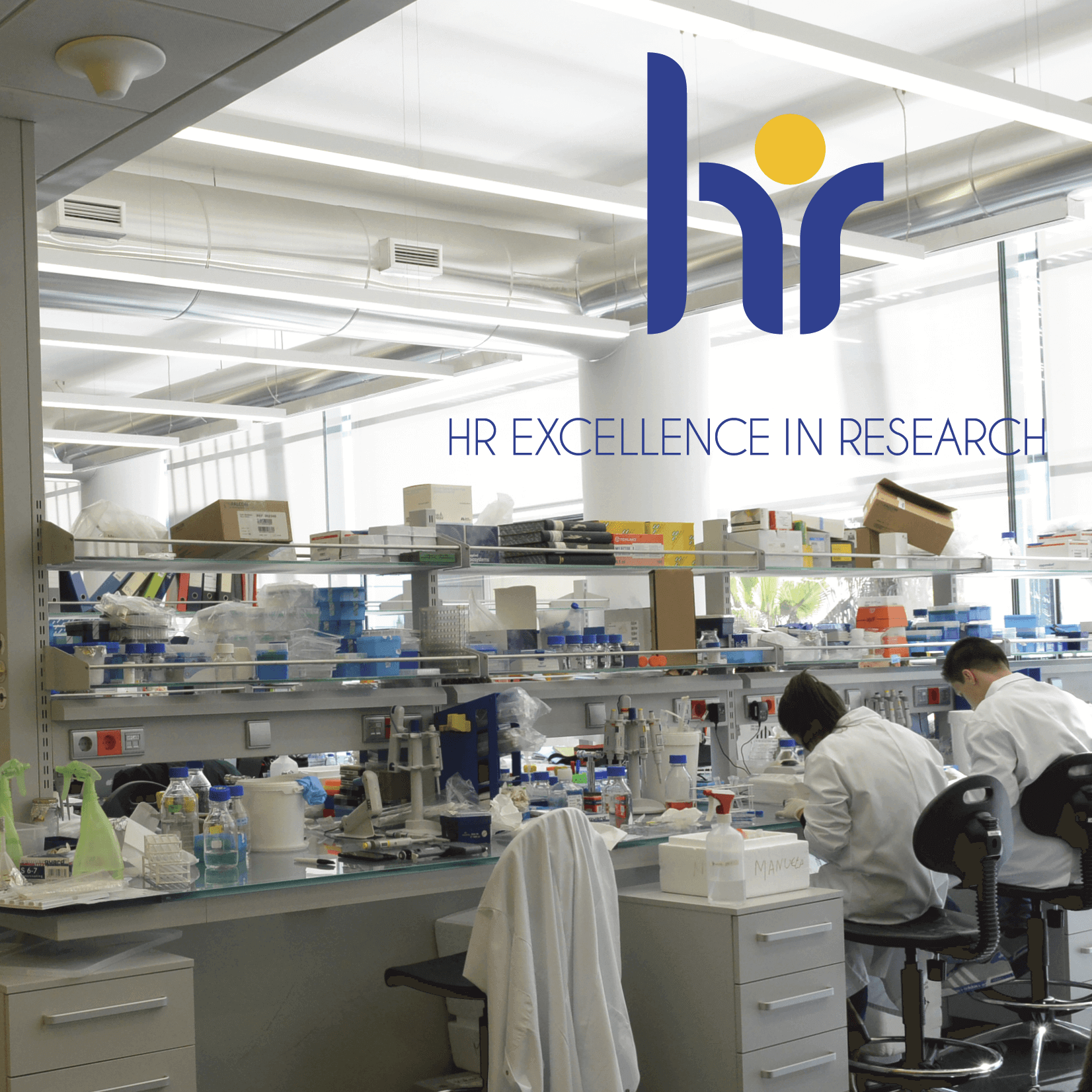03 September 2025
The Champalimaud Foundation (CF) played an important role in this achievement. Not only was CF’s Systems Neuroscience Lab one of the 12 experimental labs where the large-scale recordings were carried out, but CF also hosted much of the engineering team that designed and maintained the infrastructure that made such an unprecedented dataset possible.
11 August 2025
First patient included marks major milestone in EU-funded clinical trial
“This is a historic step,” says Prof. Dr. Robert Schoevers, head of psychiatry at the University Medical Center Groningen (UMCG) and principal investigator of PsyPal. “After many months of preparation, we are thrilled to begin working directly with patients.”
04 Aug. 2025
Research Technician

Application Starts: 04 Aug. 2025
[PLEASE NOTE THAT THE RECRUITMENT PROCESS FOR THIS CALL IS NOW CLOSED]
Fundação D. Anna de Sommer Champalimaud e Dr. Carlos Montez Champalimaud (Champalimaud Foundation), a private, non-profit research institution, is opening a call for a Research Technician.
Psychedelic Therapy: From Evidence to Equity
This one-day event will bring together clinicians, researchers, patient representatives, policymakers and ethicists to explore the landscape of psychedelic-assisted care through the lens of the four pillars of medical ethics: beneficence, autonomy, non-maleficence, and justice.
The symposium will delve into safety, regulation, therapeutic practices, and future directions to ensure equitable access to psychedelic-assisted care.
09 July 2025
Episode 5 - The Brain Below: Clocks, Cravings & Changing Tunes (Part 2)
Following Episode 5 - Part 1, where we explored the hidden world of the hypothalamus and the “love hormone” oxytocin, this second part of Hedi’s conversation with neuroendocrinologist Gareth Leng takes us even deeper.
25 June 2025
Episode 5 - The Brain Below: Mating Marathons & the “Love Hormone” (Part 1)
From the “love hormone” and maternal bonding, to why your brain is more like a quantum computer, discover the brain’s secret hormonal languages that drive your behaviour and keep you alive in Episode 5 (Part 1).
25 Jun. 2025
Research fellowship for a Master’s student

Application Starts: 25 Jun. 2025
[PLEASE NOTE THAT THE RECRUITMENT PROCESS FOR THIS CALL IS NOW CLOSED]
Offer Description
Applications are welcome for a Research fellowship (Bolsa de Investigação) for a Master’s student to develop their Master’s thesis. The successful applicant will join our team at Fundação D. Anna de Sommer Champalimaud e Dr.
17 June 2025
The European Research Council (ERC) awards two ERC Advanced Grants to Life Sciences in Portugal
The results of the most recent European Research Council (ERC) Advanced Grants have been announced today (June 17th). In Portugal, the ERC selected two new projects in the area of life sciences, which in total will receive 5M€.
The ERC funding, worth in total €721M, will go to 281 leading researchers across Europe. In the case of life sciences, 732 proposals were submitted and 83 were selected for funding, which represents a success rate of approximately 11%.
